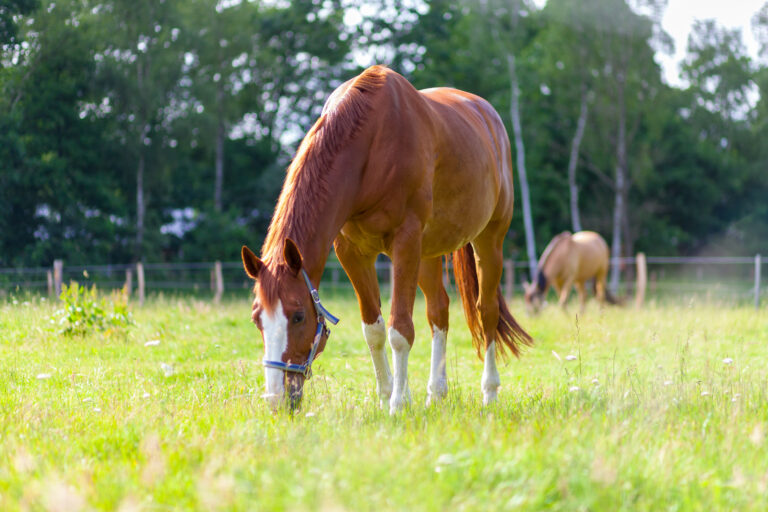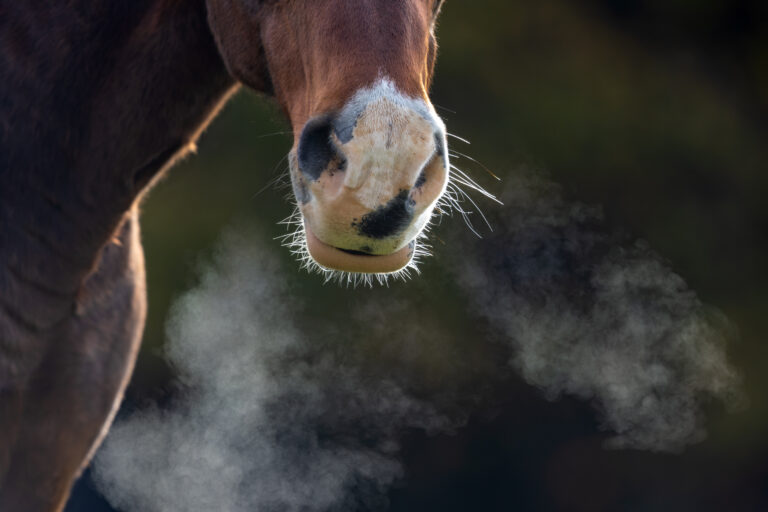
An article in the January 2019 Equine Veterinary Journal was titled “Salivary alpha‐amylase activity and concentration in horses with acute abdominal disease: Association with outcome.” The article was authored by Contreras‐Aguilar, M. D.; Martínez‐Subiela, S.; Cerón, J. J.; Martín‐Cuervo, M.; Tecles, F.; Escribano, D.
Horses referred to the Veterinary Teaching Hospital of the University of Extremadura in Spain between May and December 2017 for evaluation of colic and subsequently diagnosed with acute gastrointestinal disease were included in the study. A healthy population of horses with normal haematological and biochemical parameters were selected from those admitted for castration or routine health check. Saliva samples were collected from both groups within 30 minutes of arrival at the hospital and prior to examination and treatment.
A total of 25 healthy horses and 33 with acute abdominal disease were included in the study. sAA activity and concentration were significantly different between the two groups.
Among the diseased group, sAA activity was higher in non‐survivors compared to survivors. Activity and concentration correlated moderately with heart rate and plasma lactate and weakly with salivary cortisol and systemic inflammatory response syndrome (SIRS) score.
The sAA activity was significantly associated with increased risk of non-survival.
Bottom line: sAA activity could be a potential biomarker of prognosis in horses with acute abdominal disease.
For more information see the article at https://onlinelibrary.wiley.com/doi/10.1111/evj.13066.









